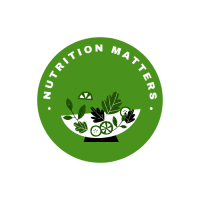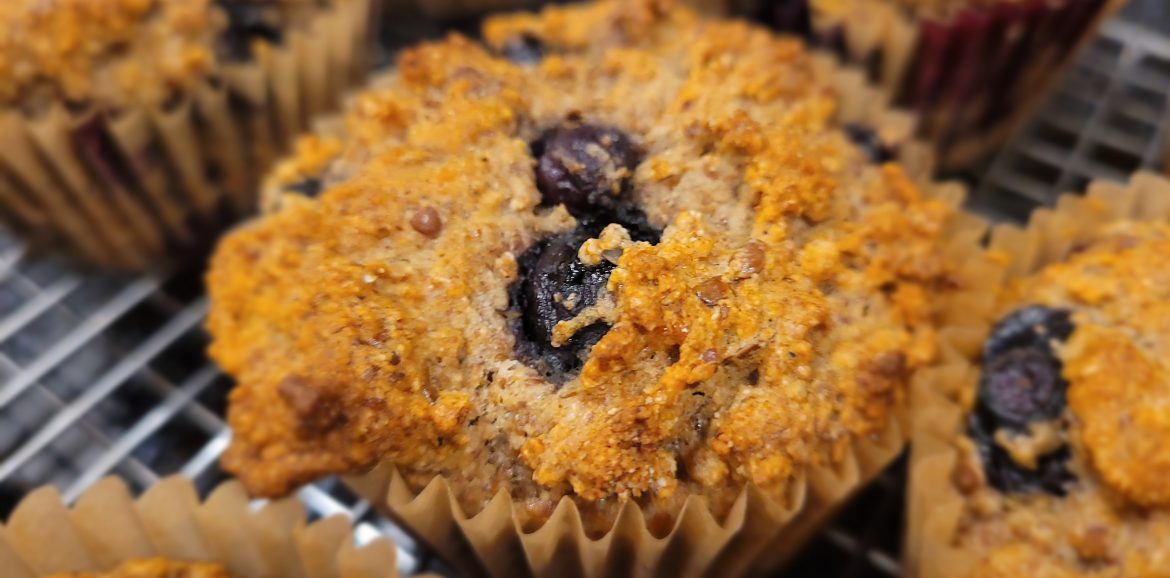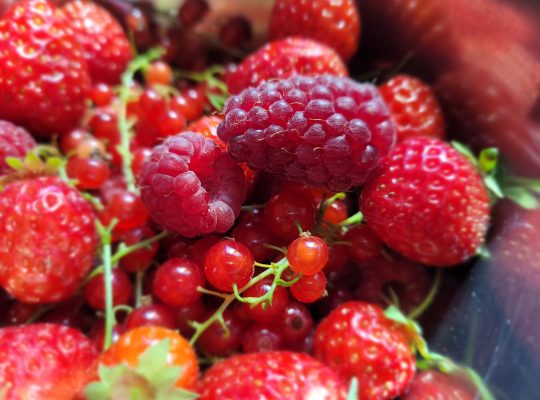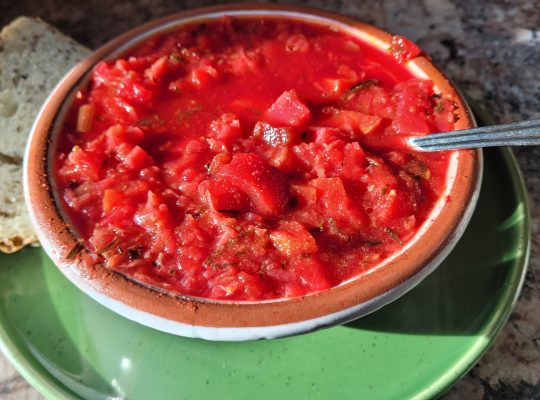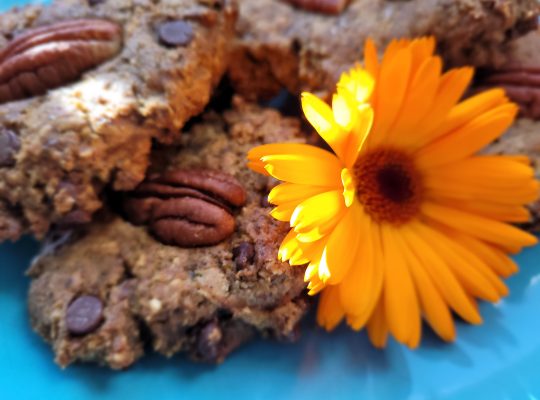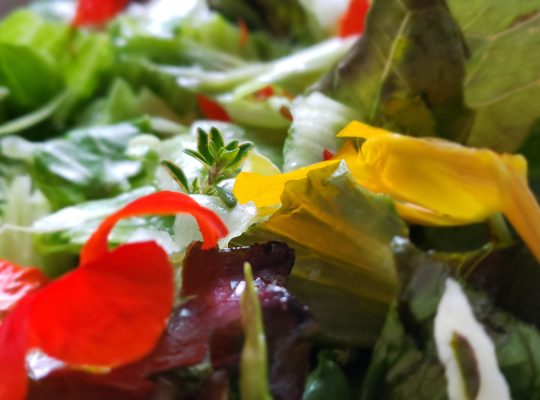Ok, let’s say from the beginning that this may not be the most popular post. But since we’re here to talk nutrition, this is that one topic that we cannot push to the side. Yes, it’s about sugar.
It’s not about that dessert you choose to have after a nice meal. Food has to be enjoyed and small pleasures have their place. But the key word here is ‘small’ because sugar in large amounts is bad news. If back in the day foods made with sugar were… well, dessert, nowadays sugar is in almost everything processed, including savoury foods. That’s a problem.
Among others, it means that our taste is changing because sugar works insidiously by converting our taste buds and corrupting the way we eat. It’s a slippery slope.
By the way, it’s not your fault that you crave sugary treats. Or junk food, that has sugar, fat and salt combined in that way that humans have a hard time resisting.
The high toll of sugar consumption
Let’s bring some research in. A study published just a few days ago in the Canadian Journal of Public Health put a number on the sugar consumption in Canada. They estimated the sum of direct and indirect healthcare costs related to sugar consumption at $5 billion yearly. Inflation or not, that’s a lot of zeros.
I am not here to rain on everyone’s sugar parade. I love treats and I think we should be able enjoy them. However, there are different kinds of treats and high-sugar ones are simply not good for us.
Excess means a lot of things no one wants, such as higher risk of cancer, diabetes, cardiovascular disease, and kidney disease.
All of these plus what you see below are PREVENTABLE!
Sugar does all this
Sugar can cause much trouble in our bodies, including:
- Compulsive overeating and sugar addiction
- Decreases insulin sensitivity and increases blood lipid levels
- Misleads the body into eating even when you are not hungry
- Increases inflammation and weight gain, which leads to a higher risk of obesity, high blood pressure, certain cancers, type 2 diabetes, metabolic syndrome (which included the non-alcoholic fatty liver disease), and heart disease.
- Causes premature cellular and overall body aging by ‘caramelizing’ proteins and speeding up the aging processes, skin included (more on this in a future post).
- Causes imbalances in the gut (dysbiosis) and an increased risk of tooth decay.
OK, so there goes the fun, right? Not really. There comes the awareness is more how I look at it. Again, It’s not the slice of banana bread you have with your coffee, but the excess sugar that’s been added to so many processed foods that places them in the dessert category even when they are labeled and consumed as the savoury part of a meal.
By the way, banana bread needs no extra sugar given that bananas are already sweet. I will provide a recipe in a future post (I cook and bake without specific recipes so there’s a reason to write things down next time I bake banana bread).
Less (sugar) is more (room for healthy treats)
Sugar can be part of a healthy diet, but have less, unless you opt to cut it out altogether and go solely for the better alternatives. The good news is that you will love how you feel, body and mind, once you switch. The bad news is that it won’t happen instantly. And yes, that’s a long conversation which I will keep coming back to in my future posts and newsletter.
But… most importantly, you can turn things around and it’s worth it. Because your health and quality of life are worth it.
OK, now on to the practical stuff.
Start with this
- Stay away from conventional store-bought sweets and go for the ones that are baked with healthy alternatives (see below).
- No soft drinks or fruit juices.
- When you bake at home, don’t be afraid to experiment by replacing sugar with alternatives such as date syrup or paste (you can make it yourself from dates and hot water, 1 cup of each, blended after you let them sit for an hour), or mashed bananas (can be used in everything from pancakes to cookies to muffins and cupcakes).
- Think whole foods: consider trading your usual sweets for fruit at the end of a meal because though they are sweet, they come with fibre and nutrients of all kinds, including vitamins, minerals, and colours, which means antioxidants galore.
- Another reason to choose whole foods is that you can’t really overeat fresh fruit. They will fill you up quickly which is why you don’t binge on apples or berries to the point of feeling yucky.
Give these a try and let me know how it goes.
References
